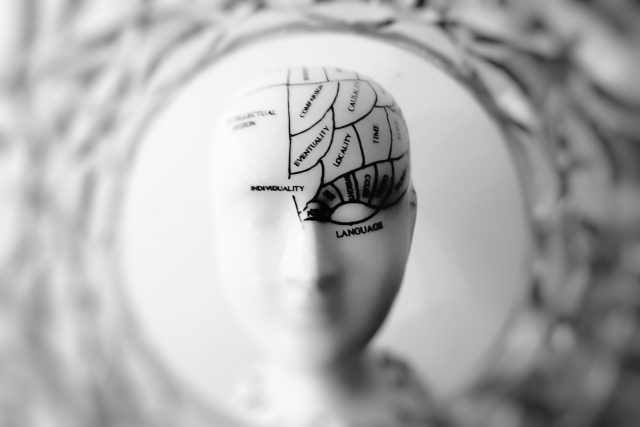Perhaps you’ve gone into the kitchen and can not recall why or can’t remember a familiar name in a conversation. When significant memory loss occurs among older adults, it’s usually not due to ageing but to congenital disorders, brain injury, or neurological disease.
Use all of your senses
The more senses you use in learning something, the more of your mind is involved in keeping the memory. In one study, adults were shown a set of emotionally neutral pictures, each presented together with a smell. They weren’t asked to recall what they saw. Afterwards, they were shown a set of pictures, this time without scents, and asked to indicate that they’d seen before. They had excellent recall for most odour-paired pictures and especially for those connected with pleasant smells.
Repeat what you want to understand
When you need to remember what you’ve just heard, read, or thought about, repeat it out loud or write it down. This way, you reinforce the connection or memory.
Keep studying
Experts believe advanced education might help keep memory healthy by getting someone into the habit of being emotionally active. Challenging your mind with mental exercise is thought to activate processes that help maintain individual brain cells and stimulate communication among them.





WORKOUTS
Healthy Mind
How Pets Boost Emotional Well-being
Healthy Mind
Pursuing Excellence in Healthcare
Healthy Mind
Importance of Patient Safety Awareness
Healthy Mind
Steps to Achieve a Healthier Lifestyle
Healthy Mind
Dos and Don’ts of Gardening
Healthy Mind
A Journey To Inner Beauty
Healthy Mind
Why Do I Need A Bicycle Bag